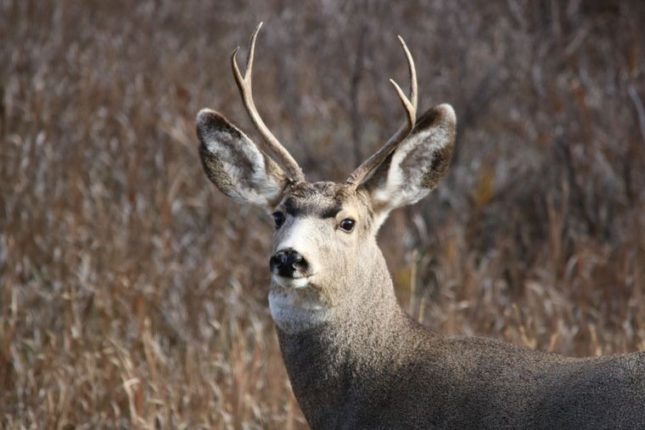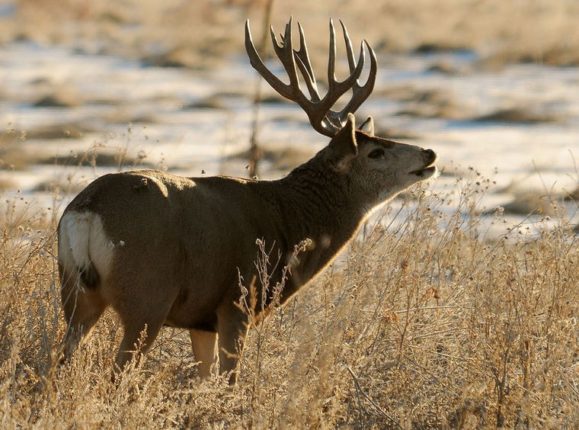BOISE — The Idaho House on Tuesday passed legislation to increase Idaho resident hunting and fishing license fees for the first time since 2005.
The 43-26 passage of House Bill 230 came despite objections that if the bill passed, the Idaho Department of Fish and Game wouldn’t adequately improve its wildlife depredation claims process to aid agricultural interests. Opponents said the state’s fish and wildlife agency addresses depredation claims slowly.
“I cannot support a fee increase for Fish and Game until they get a handle on this depredation mess,” said Rep. Judy Boyle, R-Midvale, in debate.
But the bill’s floor sponsor, Rep. Marc Gibbs, R-Grace, said that under the legislation’s terms “we’ve essentially tripled the cap” on the big game depredation account, raising it to $2.5 million.
Gibbs said he expects that Fish and Game would adequately address wildlife depredation issues if HB230 becomes law.
“Let’s give them a chance,” said Gibbs, who added, “I think they’ve gotten the message.”
HB230 now goes to the Idaho Senate.
Gibbs said the measure would bring an extra $5 million annually to the coffers of IDFG, which receives no state general funds.
The legislation contains a “price lock” feature, Gibbs said, to help offset what’s described by IDFG as “churn,” in which sportsmen don’t purchase licenses every year, thus creating fiscal uncertainty for the state.
“This is a fee increase for people who don’t buy licenses every year,” Gibbs said. “But it’s not a fee increase to those who are loyal to Fish and Game, and buy licenses every year.”
The price lock program would generate $3 million of that $5 million annually. Additionally, according to a bill description: “The fiscal impact from a new fee required to purchase any annual license will increase the fish and game set-aside account in the dedicated fund by an estimated $2 million annually.”
Rep. Steven Miller, R-Fairfield, called to send the bill back to its sponsor, and then set up a new process for settling depredation claims.

